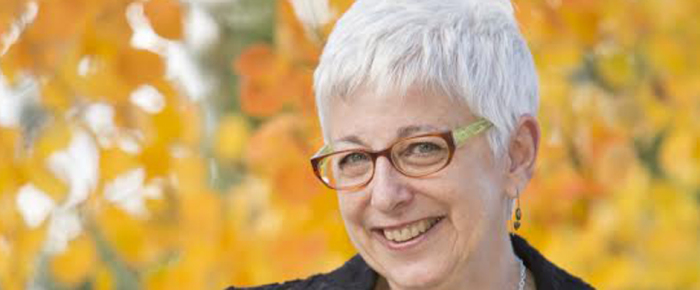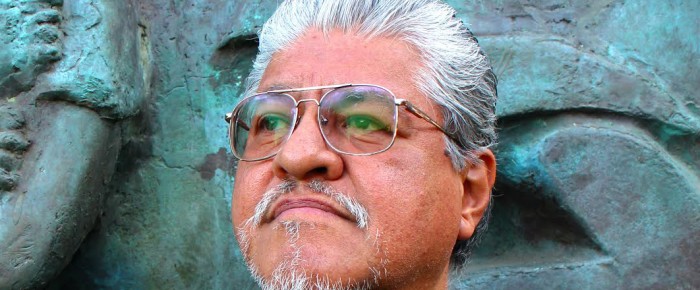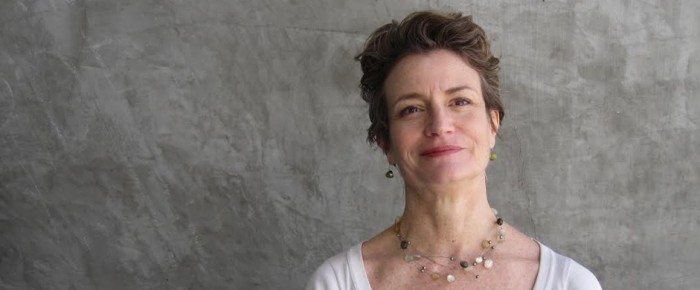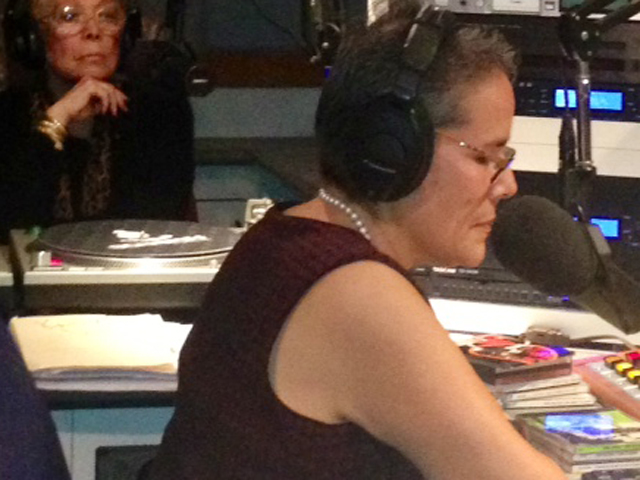On a typical day, Sandra Cisneros likes to wake up gently, without an alarm clock, around 9:30am. She stays in her pajamas until 1pm, and then starts writing on her…
Read moreAward-winning author celebrates 60 and how writing saved her from her emotions





